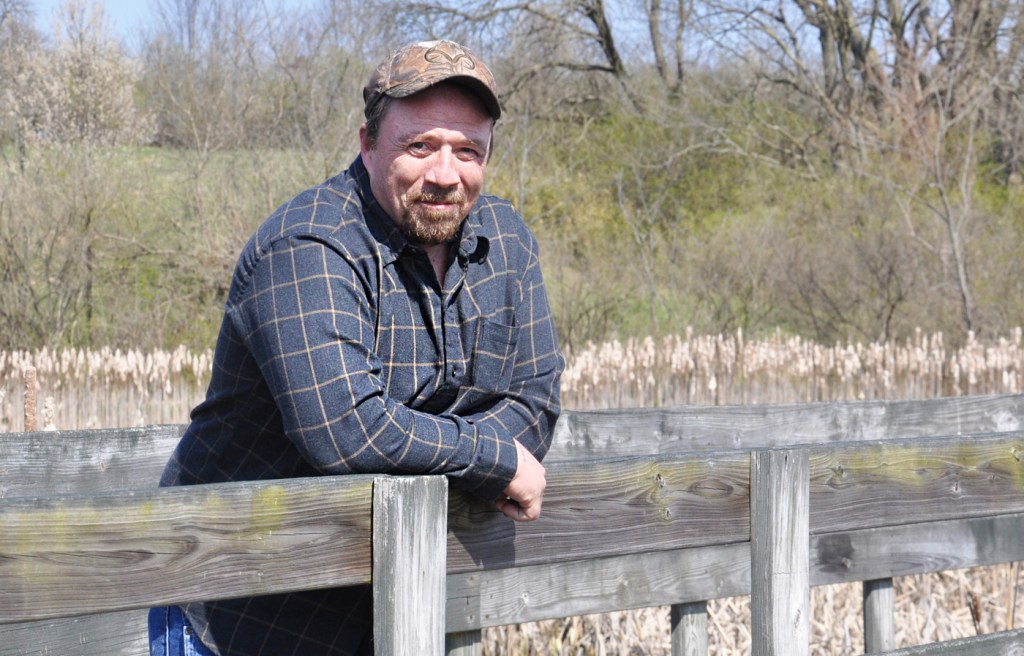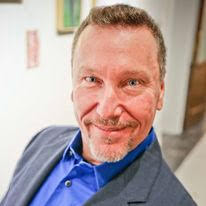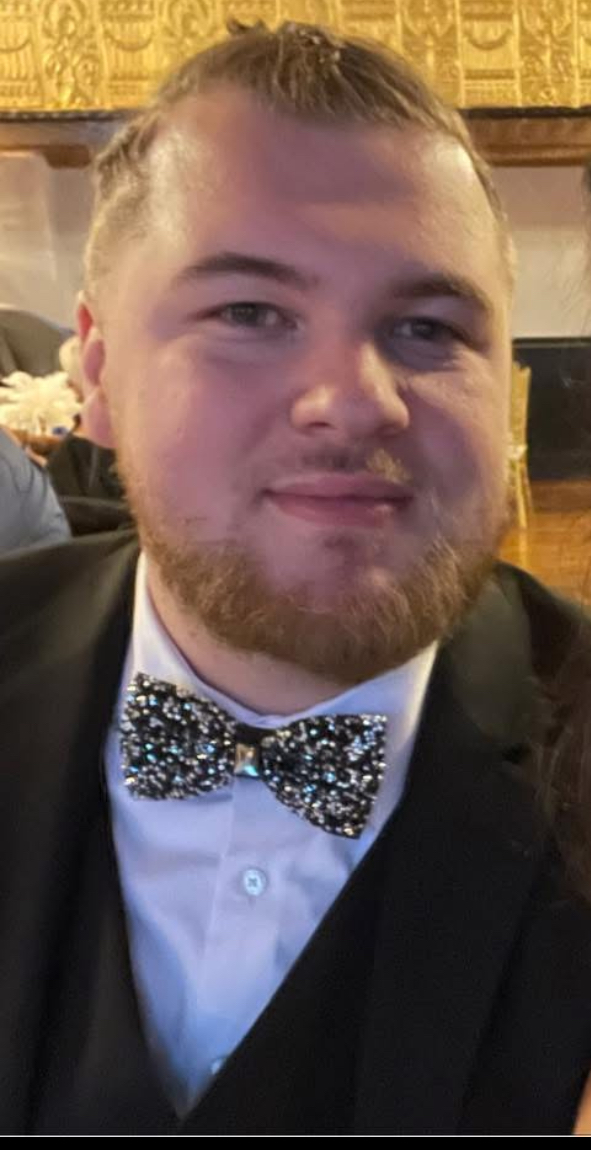Mentors make a ‘big difference’
Published 8:52 am Saturday, March 24, 2018

- Robin Hart/robin.hart@amnews.com Daniel Short is a graduate of Shepherd’s House Intensive Outpatient Center and was mentored by Guerrant. Short said mentors are crucial for success.
Volunteers needed to be Circle of Hope mentors

Kendra Peek/kendra.peek@amnews.com
Richard Guerrant, 91, is one of the mentors in the Circle of Hope program. His mentee, Daniel Short, is a graduate of the Shepherd’s House Intensive Outpatient Program. Guerrant said he enjoyed working with Short.
Daniel Short and Richard Guerrant come from completely different generations — but for Short, the connection has been life-saving.
“(Having a mentor) makes a big difference. It helps to have somebody who’s there to talk to you when you need someone to talk to,” said Short, 45, who lives in Danville.
Trending
Short is a graduate of the Shepherd’s House Intensive Outpatient Center. While going through his rehab there, he was paired with Guerrant as part of the Circle of Hope program.
For him, Guerrant, who is 91, was more like a grandparent, Short said.
That was a relationship he really needed too. Last year, while Short was in jail on drug-related charges, his father died. Then, in August, his mom passed away. He was trying to stay clean at the time.
Guerrant said he was a little worried about his new friend, but he was proud of Short for staying the path.
“To see him develop and use his abilities to cope … He didn’t revert,” Guerrant said. “He stayed focused and graduated.”
Seeing Short succeed has been a blessing, Guerrant said.
Trending
Mentors needed
The success of the mentor and client pairing is one of a handful the Circle of Hope has seen — there have been six clients paired with mentors since the program began a year ago, said James Hunn, coordinator of Circle of Hope.
Hunn said the program is in desperate need of 15 more male mentors and 10 more female mentors.
“Part of our agreement when we set up the Circle of Hope is we would work with those guys at the Shepherd’s House and we would assign mentors to those individuals,” Hunn said during a meeting on Thursday. “As we’ve learned, that is a crucial part of their recovery as we walk alongside them.”
Hunn said of the six clients who had been paired with mentors since the program began just over a year ago, all six had successfully remained out of jail as of now.
“I think it’s critical to have someone that believes in (the clients),” he said. Some have family members who believe in them, he said, but some do not.
Mentors are required to undergo two trainings, the Prison Rape Elimination Act (PREA) training through the Boyle County Detention Center and the Circle of Hope Mentor training. They also undergo background checks and commit to meeting a client four hours a month for one year.
Those meetings are worked out between the client and the mentor and can take place at the Shepherd’s House.
To be a mentor, a person must be willing to work with the client, meeting once a week commit to at least four hours a month, and submit monthly updates to Hunn.
They are asked to share their life experiences with the person and encourage the clients in areas of leadership, responsible citizenship, community service, life-coping skills, job skills and, for those completing their GED, academic excellence.
Mentors are given a packet of information, which includes tips for being a good mentor, including asking open-ended questions to get the conversation started and being careful in high-risk situations.
Guerrant said he was going to do what he could to get more mentors, starting with contacting people he knew had taken the PREA training.
Short said when they first spoke to him about having a mentor, “I was doubtful in the beginning … It does, it makes a pretty big difference.” He said he originally thought he didn’t need anyone else, but he’s realized having Guerrant helped.
“If I’ve got stuff bothering me, I can talk to him about it. I guess that makes it a little bit easier,” Short said. “There’s a lot of people out there who need someone to look up to … Even if it’s just a few kind words, it’s good.”
Guerrant said he’s signed to help another client.
“If we really want to work at this, we need to show people we accept them, whoever they are, and be their friends,” Guerrant said. “It’s a wonderful experience to watch people progress.”
Short has progressed beyond what he personally believed possible.
“At one time, I was a pretty bad person. I did drugs all the time, that’s all I thought about. They came and took my kids. That was two years ago. I was in and out of jail … The last time I went to jail, in February (2017), when I got out in May (2017), I went to the Shepherd’s House and it changed my life,” Short said. “It’s like, when I walked in, a weight was lifted off my shoulders. I didn’t have stress in there. I was around people who cared, that shared some of the same experiences. It helped a lot.”
He goes back to the Shepherd’s House about once a week to encourage others going through the process.
Short now works at Centre College as a grill cook, which he enjoys. Smiling, he shared that he and his wife, who is also in recovery, learned a few weeks ago that they’re going to get their children back.
“It’s been a long struggle,” he said.
The family will attend therapy to help the kids readjust and learn to trust them again, and to learn how to parent while sober.
Short said he is also excited about the possibility that working at Centre could provide a future education for his children.
“That would be exciting,” he said.
Short said he was amazed to know life “on the other side.”
“I started trying drugs, pot and stuff, at 10. All the way up to now, that’s the only life I knew. I never thought I’d see a life like this, being on the other side,” Short said. “The Shepherd’s House saved my life. If it saved me, it can save anybody.”
SO YOU KNOW
To become a mentor for the Circle of Hope, contact James Hunn at (859) 209-4242, ext. 104, or via email at circleofhope.danvky@gmail.com. A Prison Rape Elimination Act training will be held in the next few weeks, so interested mentors are asked to contact Hunn soon.






